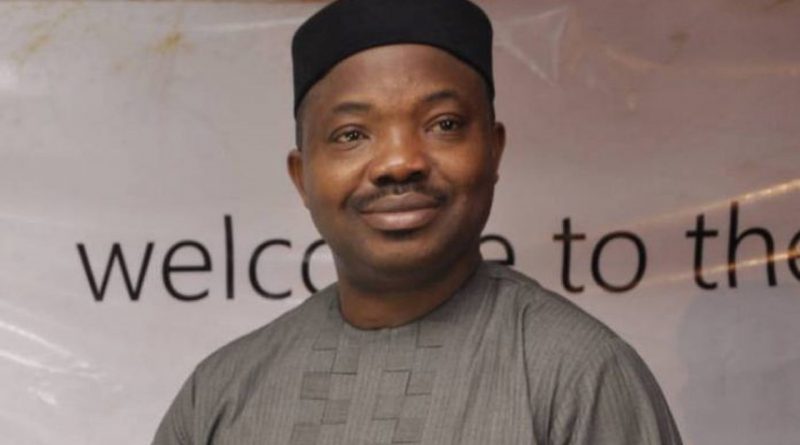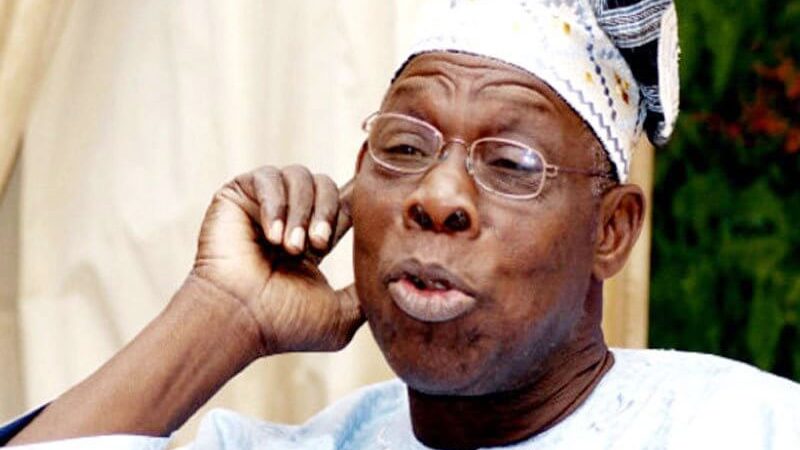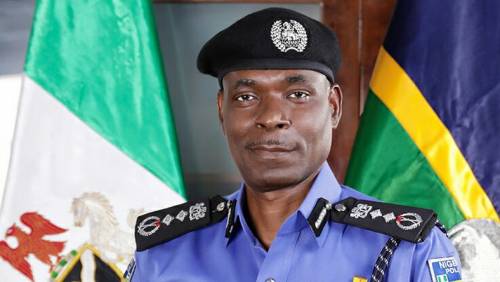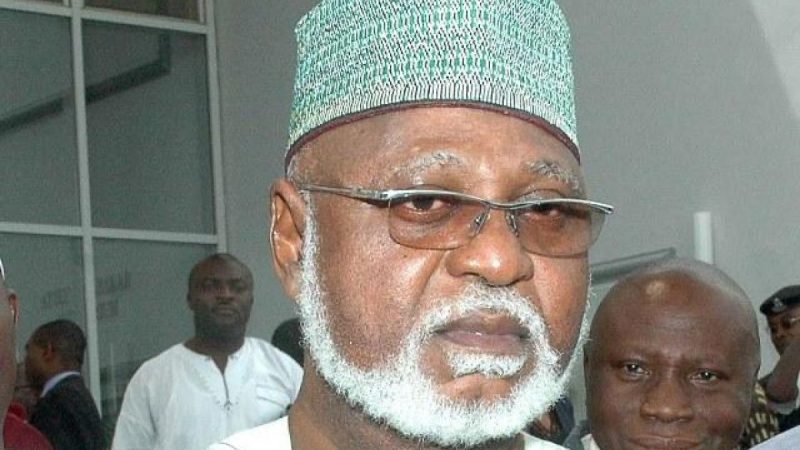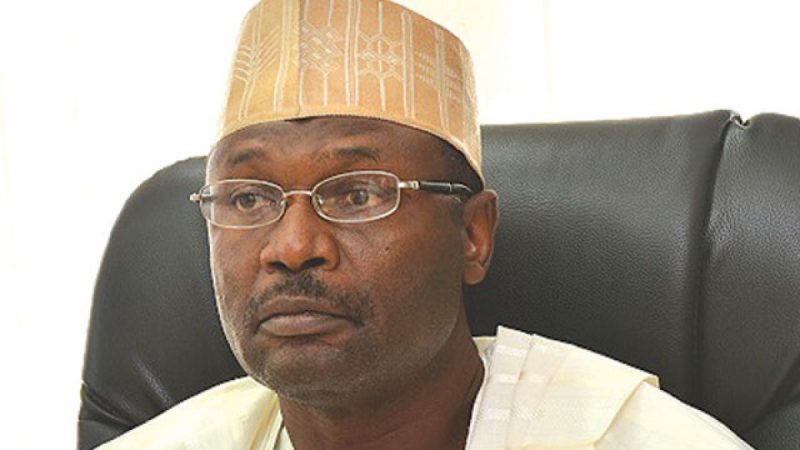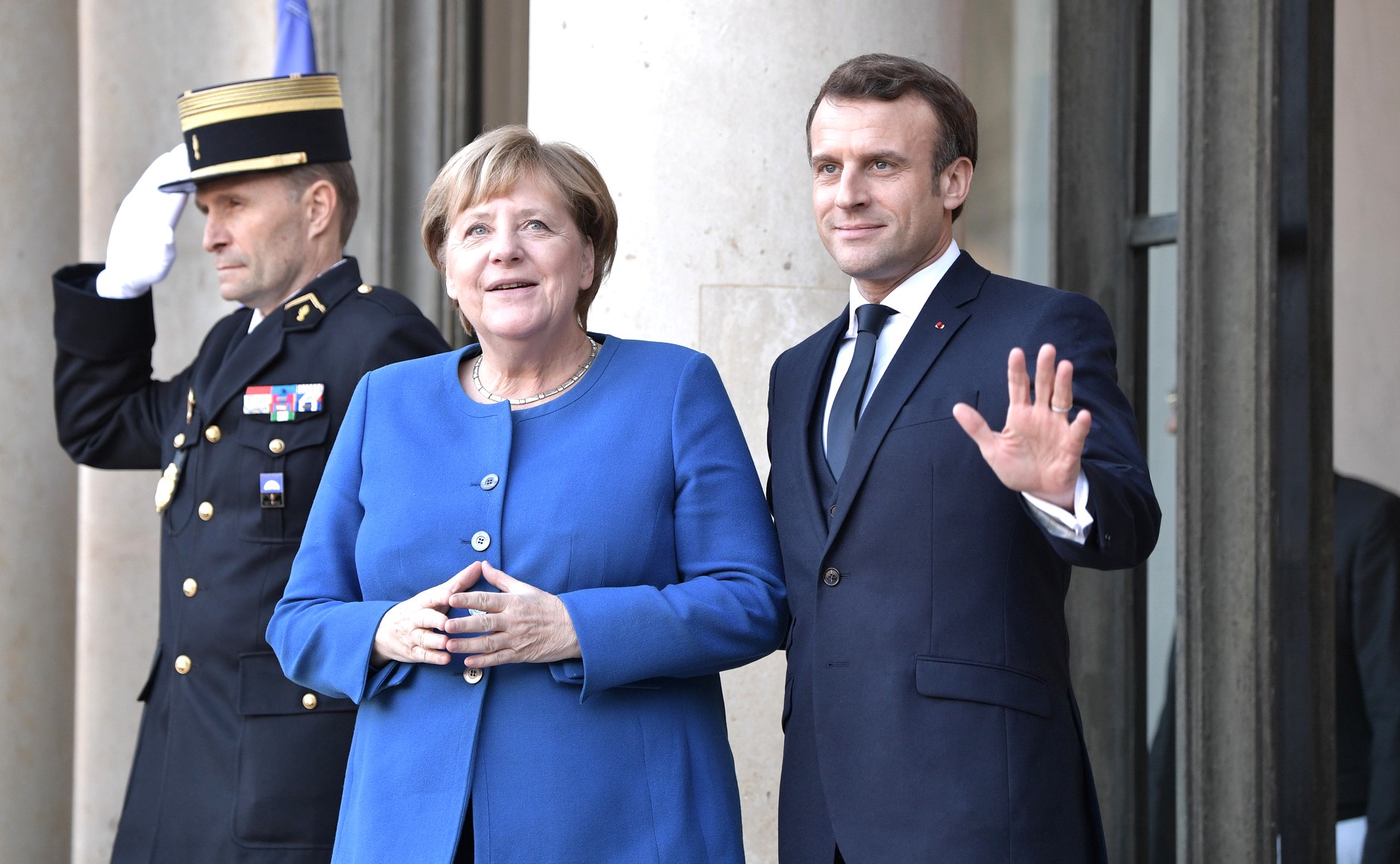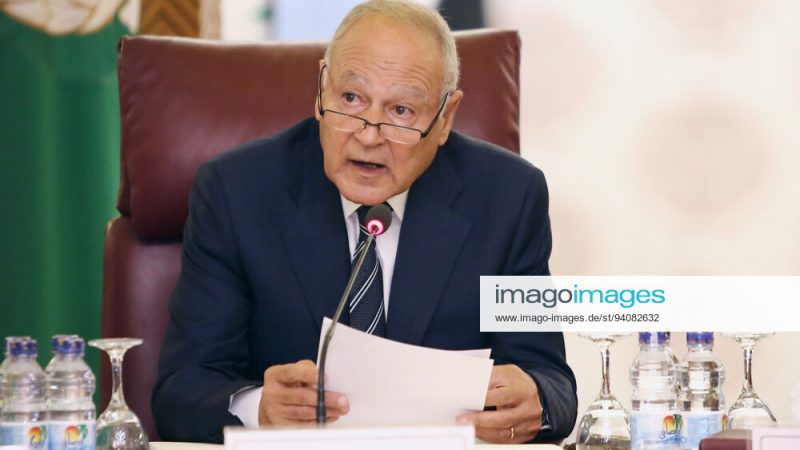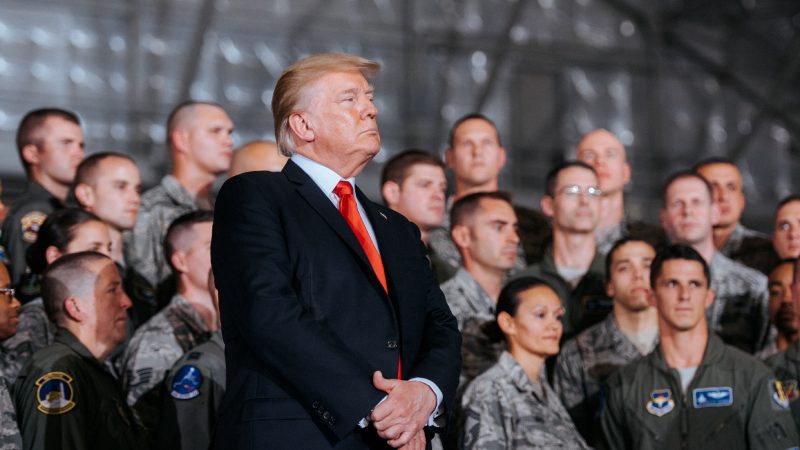FEARS have emerged that EU sanctions that were put in place to prevent President Putin’s continued aggression is Ukraine is in jeopardy.
This is not unconnected to disagreements on the way forward on the implementation on trade restrictions in the face of continued ceasefire breaches in Ukraine and Kremlin’s utter commemoration of the first anniversary of the annexation of Crimea.
Attempts by UK and its close allies in EU to bring forward a vote on prolonging the restrictions that are targeted at hurting the Russian economy foundered because not all 28 EU member states agreed to renew the sanctions. This also comes as the government in Kiev and the Russian-backed separatists have failed in keeping to the terms of the ceasefire brokered by the leaders of Germany, France and Russia.
The inability to vote will invariably prevent the implementation of the toughest sanctions yet, which targets the banking, defence and energy sectors, was over the downing of the Malaysia Airlines flight MH17 over the separatist-held territory. Since then Moscow has been proactive having strengthened diplomatic ties with several EU governments. The victory of Syriza in the Greek elections which also has a close ties to the Russia was the first signal which pointed that diplomacy had gone awry. Alexis Tsipras, the Greek prime minister, is planning to meet President Putin in Moscow.
France, Italy and Spain that opposed UK became the most powerful voices that refused early extension to existing sanctions. This also meant that the trio will remain opposed to the idea even in the summer.
Angela Merkel, the German chancellor, suggests that Russia’s annexation of Crimea a year ago today had “called the peaceful order in Europe into question”. She added that the sanctions against Russia remained an essential tool for reversing that process. Merkel thereafter maintained the view that the sanctions be extended to fit the timeframe of the Minsk ceasefire agreement, which backs Kiev’s government regaining control of its borders from Russian-backed separatists.
What is at play in Europe according to Donald Tusk, the president of the European Council, was the revelation that EU leaders were now split between “appeasement” and “more involvement”.
Those backing the UK on expanded sanctions were Nordic and Baltic countries. While the EU’s split is glaring for the discerning, the United States is moving in the opposite direction, with plans to increase the pressure on Russia through sanctions and lethal military aid to Ukraine.



